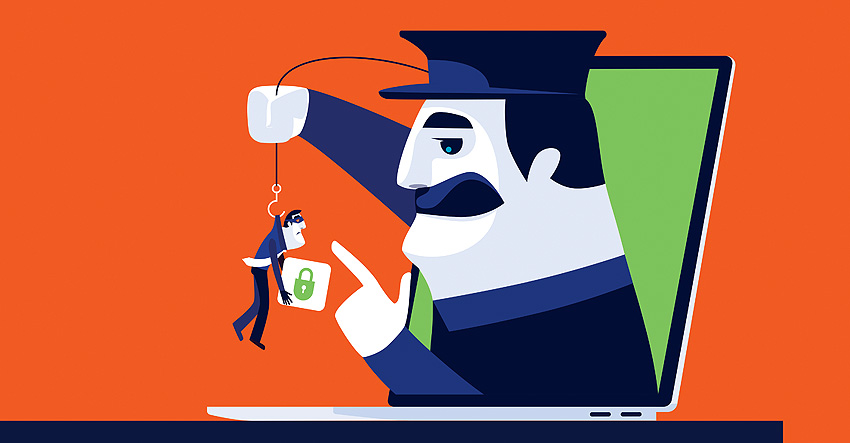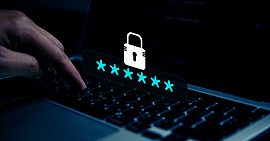Online banking fraud. It can happen to you!
25/11/2021
Fraud and cybercrime, or “scams” (as they have always been called) are the talk of the town, but the new pickpockets or “scammers” are now more sophisticated and ambitious.
We have described the most common types of fraud and have provided guidelines on how to avoid them. However, every day many people, even those familiar with the financial and digital world, become victims of these crimes. We all have weaknesses and moments when we lower our guard.
That is why the following reflections are useful for everybody:
How much money can be stolen from you if someone accesses your account?
- The account from which you operate most frequently is the one that is at risk. Maintaining the balance of that account adjusted to your needs and transferring your savings to other products would help protect it.
- The best measure is not to allow overdrafts on your account. Make sure you have an overdraft limit in place, as this is a safeguard against fraud. In any case, it is important that you are aware of the overdraft allowed on your account. Review your contract and check with your bank.
Do you use the same card that is linked to your account for all your transactions?
- Make sure you are aware of the withdrawal and credit limits for your cards and that those amounts are not high. Remember that withdrawal limits are often daily and that you can change them at any time. Check your transactions frequently.
- To limit the amount of a potential fraud, consider taking out a prepaid card for your e-commerce transactions.
Do you know how to avoid risks when you operate digitally?
- Use different passwords for each of your major accounts. Do not use the same one you use for other less important things when banking online.
- Change your access code and signature regularly.
- Never send your codes by e-mail or post them on social media.
- When accessing your bank’s website, never copy your name onto the search engine, type it out. And, if possible, use the app.
- Protect your mobile with a password or, better yet, use fingerprint or facial recognition.
- Be wary of e-mails and messages that do not come from a legitimate source. Even if they seem to be legit, check the sender’s address carefully.
- Do not share confidential data. Your bank will never ask you for your codes.
Do you know what to do if you’ve been scammed?
- Contact your bank
- Change your electronic banking access code
- Don’t forget to file a report with the police, Civil Guard or tribunals
The Internet User Security Office (Oficina de Seguridad del Internauta) websiteAbre en ventana nueva has further information on what tools you can use to protect yourself.



